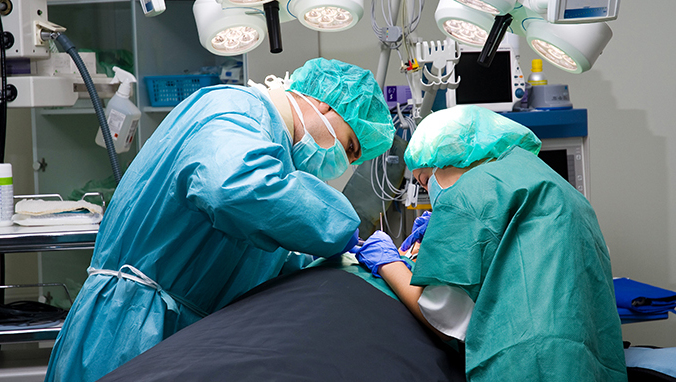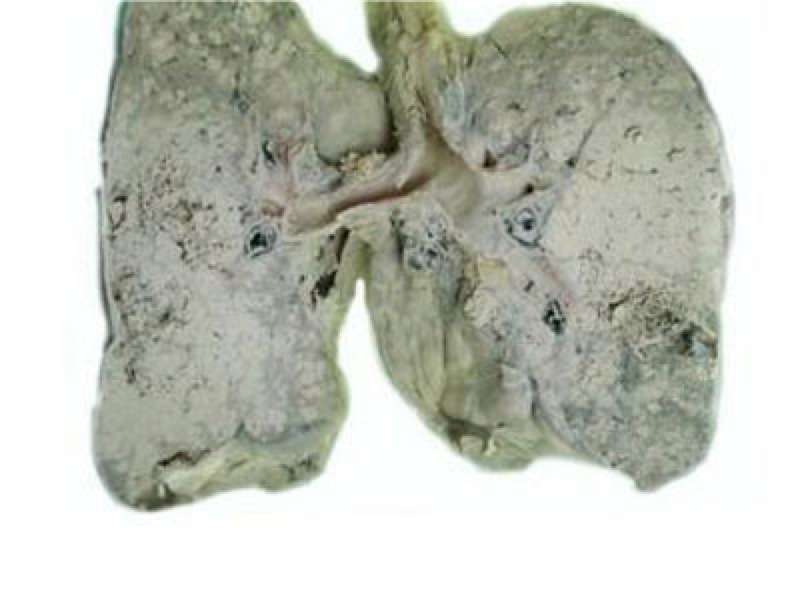Symptoms of rectal tumors
Due to different diets and lifestyle habits, each patient suffers from different diseases, and of course the symptoms will also be different. The symptoms of rectal tumors are not obvious, only discomfort, dyspepsia, stool occult blood and so on. But for patients, better treatment is needed to control the disease. 
Bowel cancer is a common malignant tumor, including colon cancer and rectal cancer. The incidence of colorectal cancer from high to low is rectum, sigmoid colon, cecum, ascending colon, descending colon, and transverse colon. In recent years, there has been a trend toward the proximal end (right colon). What are the symptoms of rectal tumors?
Clinical manifestations of colorectal cancer are asymptomatic in the early stage, or the symptoms are not obvious, only feeling uncomfortable, indigestion, occult blood in stool, etc. As the cancer develops, symptoms gradually appear, manifested as changes in stool habits, abdominal pain, blood in the stool, abdominal mass, intestinal obstruction, etc., with or without systemic symptoms such as anemia, fever, and weight loss. Tumor metastasis and infiltration can cause changes in affected organs. Colorectal cancer shows different clinical symptoms and signs because of its different locations.
The main clinical symptoms are loss of appetite, nausea, vomiting, anemia, fatigue, and abdominal pain. Cancer of the right colon causes iron-deficiency anemia, showing symptoms of fatigue, fatigue, and shortness of breath. Because of the wide intestinal cavity in the right colon, the tumor will grow to a certain size before abdominal symptoms appear. This is also one of the main reasons for the late stage of tumor diagnosis.
The intestinal cavity of the left colon is narrower than that of the right colon, and cancer of the left colon is more likely to cause complete or partial intestinal obstruction. Intestinal obstruction leads to changes in bowel habits, constipation, blood in the stool, diarrhea, abdominal pain, abdominal cramps, bloating, etc. Stool with fresh bleeding indicates that the tumor is located at the end of the left colon or rectum.
Related Articles

- Early Signs of Bladder Cancer
- What are the early symptoms of bladder cancer?
- 2020-12-17

- How to prevent depression
- How to prevent depression?
- 2020-12-17

- Early symptoms of lung cancer
- 2020-12-17

- Symptoms of depression
- What are the symptoms of depression?
- 2020-12-17

- Drinking water can prevent heat stroke
- Actually, the hot weather is not the direct cause of heat stroke. Heat stroke is mostly caused by sweating caused by heat. Under the high temperature in summer, the body sweats tens of tim
- 2020-08-03

- Office workers should beware of cervical spondylosis
- Cervical spondylopathy is mainly caused by degeneration of cervical intervertebral disc and hyperostosis of cervical spine, with neck and shoulder pain, numbness of upper extremities and d
- 2020-08-03
